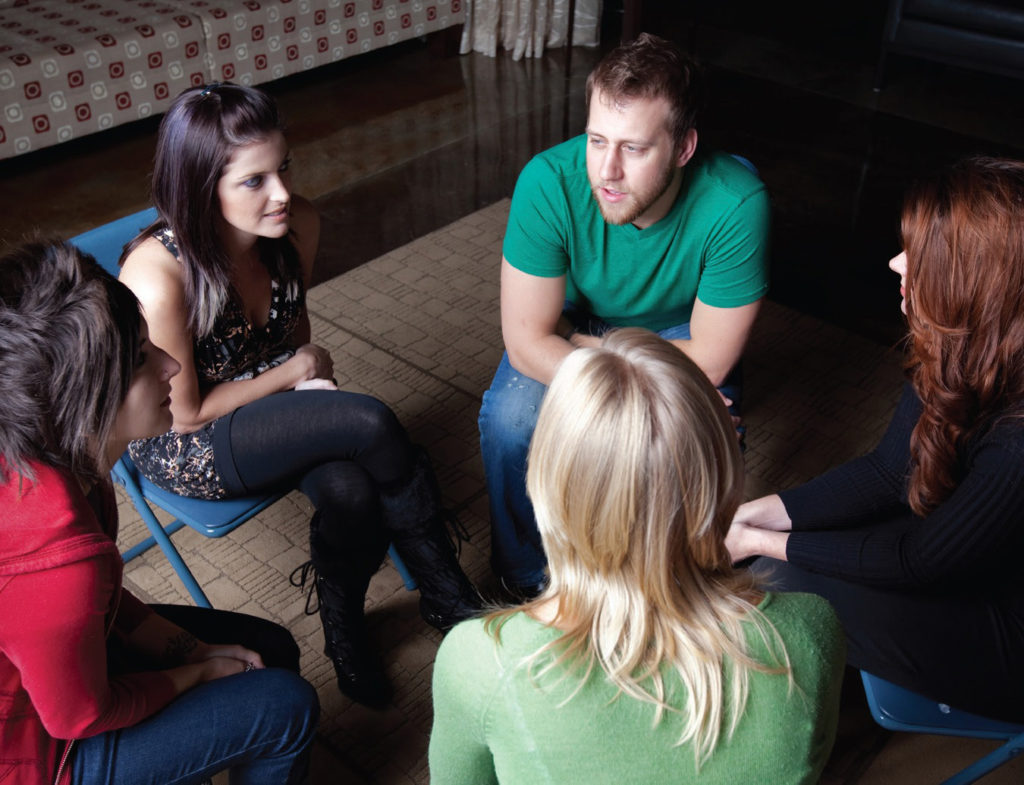Be prepared to support those around you by getting certified in Mental Health First Aid. Mental Health First Aid teaches the skills needed to recognize and respond to signs and symptoms of mental health and substance use challenges, as well as how to provide someone with initial support until they are connected with appropriate professional help. In the course, you learn risk factors and warning signs for mental health and addiction concerns, strategies to help someone in both crisis and noncrisis situations, and where to turn for help.

Mental Health First Aid teaches about recovery and resiliency – the belief that individuals experiencing these challenges can and do get better, and use their strengths to stay well.
Always seek emergency medical help if the person’s life is in immediate danger. If you have reason to believe someone may be actively suicidal, call the National Suicide Prevention Lifeline: 1-800-273-TALK (8255).
The Mental Health First Aid course provides a variety of local and national resources to connect individuals in need to care.
Mental Health First Aid helps you to identify potential sources of support and to practice offering these supports to the person you are helping.
Interventions LearnedWhen you take a course, you learn how to apply the Mental Health First Aid action plan in a variety of situations, including when someone is experiencing:
The opportunity to practice — through role plays, scenarios, and activities — makes it easier to apply these skills in a real-life situation. |